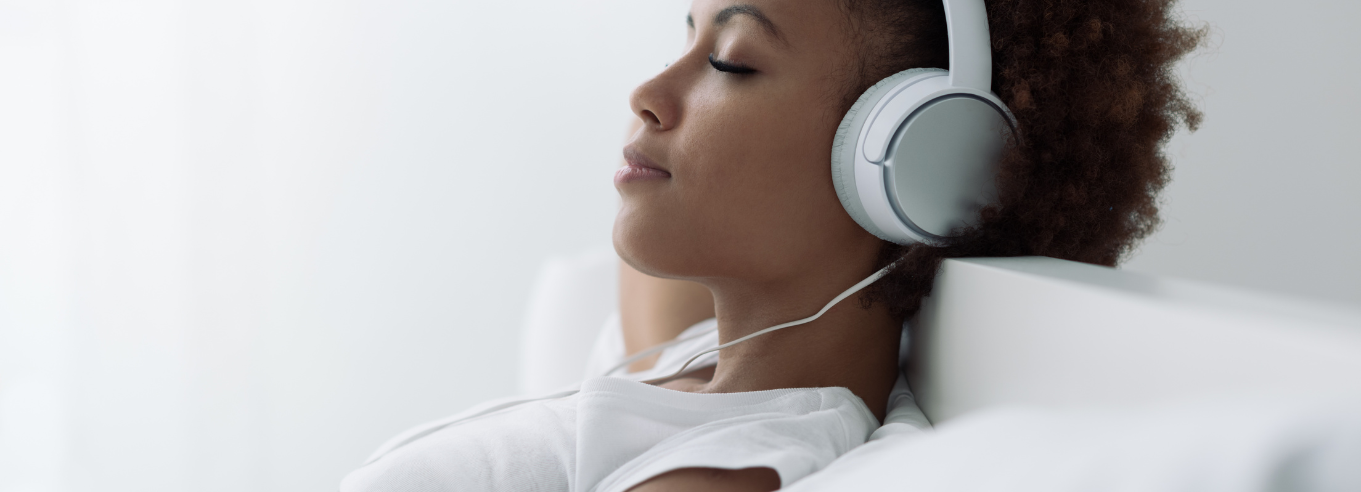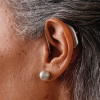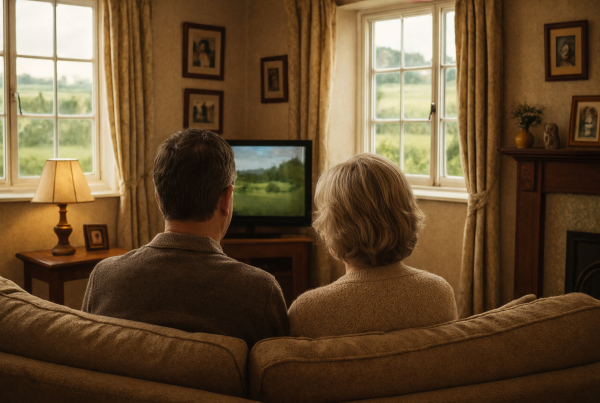Many of us are guilty of a little too much screen time – whether it’s joining a work call, listening to a podcast or playing our favourite albums on repeat, it’s likely that you spend some time each day connected to your laptop or phone via headphones.
In fact, a 2017 study revealed that 80% of individuals between 13 and 18 years of age use headphones for listening to music for 1–3 hours a day – and it’s likely these numbers aren’t too different for other generations.
It’s widely known that exposure to loud noises can cause hearing loss. This happens because over a long period of time, the sound causes damage to the auditory nerve and hair cells of the cochlear, otherwise known as the inner ear.
Once this damage has occurred, it’s irreversible, which is why it’s important to take steps to protect your hearing now – even if it’s not on your mind when you’re concentrating on your favourite podcast!
Here’s some tips for protecting your hearing while using headphones:
AN HOUR A DAY
You may have heard audiologists refer to the 60/60 rule – if not, here’s a short explanation. You should aim to use your headphones for no more than 60 minutes a day, at 60% of your devices’ maximum volume. This is because sounds of over 85dB have potential to cause ear damage if you are exposed for more than two hours.
OPT FOR A HEADSET
Although many of us love our airpods or other earbuds, it’s been proven that these can cause more hearing damage than wearing an over-ear headset. This is because earbuds sit directly inside your ear, next to the ear canal – an effect that further boosts the volume. Another benefit is that you’re much less likely to lose your over-ear headphones!
When choosing your headphones, think about quality as well as style. Poor quality headphones can produce sound distortion and uneven volume, which can further damage your ears.
DON’T TURN UP THE VOLUME!
If you’re sat next to a chatty co-worker or travelling on a noisy train, it can be tempting to turn up the volume on your device. Many devices can produce sound up to 120 decibels, which is similar to what you’d hear at a concert. Experts suggest that the ideal decibel level for minimising ear damage is between 60 and 85dB. Many devices now have a useful headphone safety feature, which alerts you when your volume exceeds a recommended 7-day limit.
INVEST IN NOISE-CANCELLING TECHNOLOGY
If you work in a noisy environment, and find yourself trying to drown out background noise with headphones, it’s worth looking in to noise cancelling headphones as an alternative. These are a great way to reduce the noise around you, without having to turn up the volume. Brands such as Peltor offer high-quality noise-defending options.
CHECK YOUR HEARING
If you’re a regular headphone user, or you have any concerns regarding your hearing, it’s time to book an appointment with an expert audiologist. They will be able to carry out hearing tests and discuss the best way to protect your hearing going forward.
If you’re looking for a quick, free way to test your hearing, why not take our online hearing test? Or to book an appointment with the DigiClear team, get in touch today.








